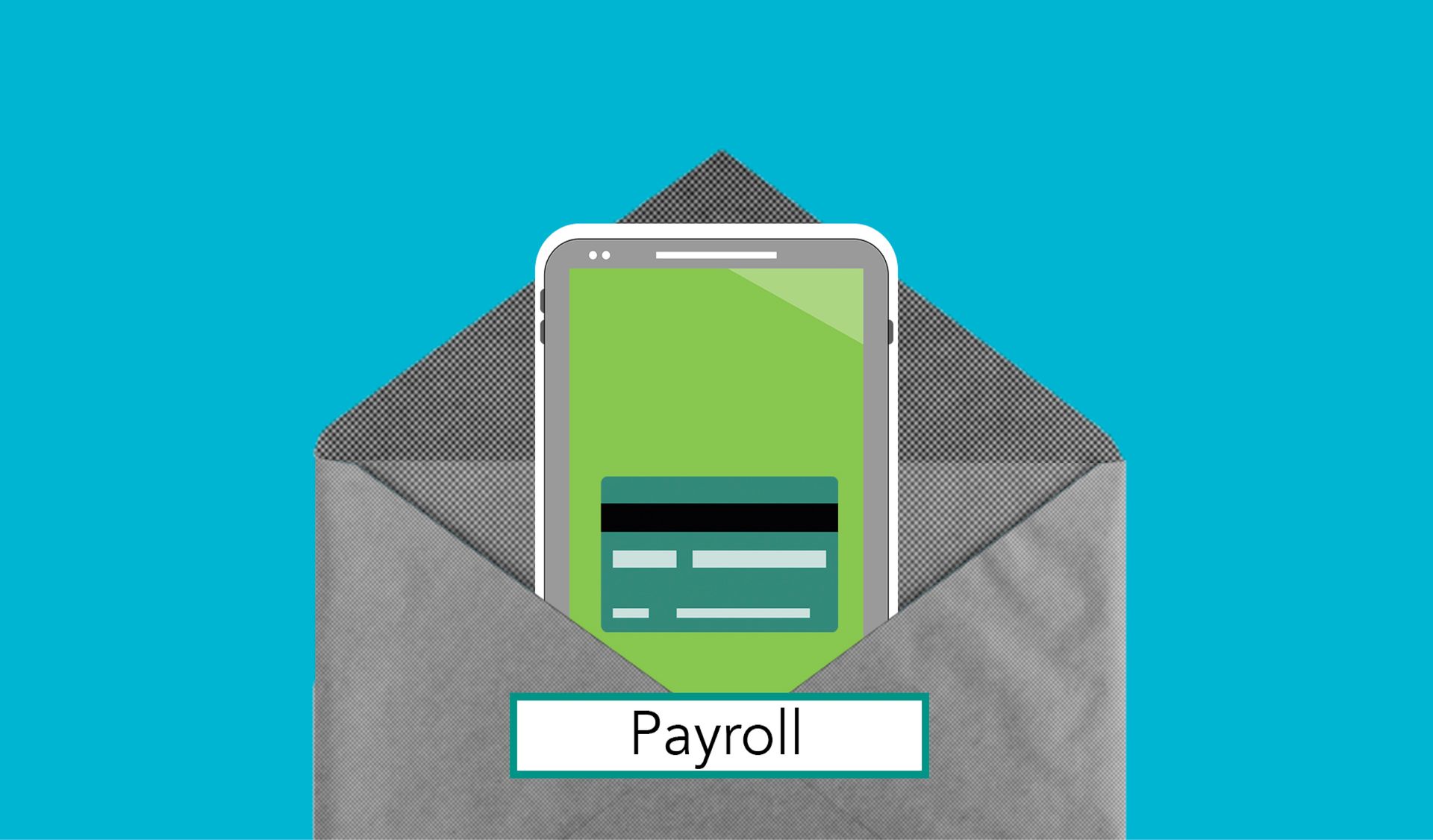
Single Touch Payroll (STP) was introduced as a way for employers to send super and tax information directly to the ATO through the use of STP-enabled software solutions. STP Phase 2 is now in full swing having commenced on 1 January 2022. It required more detail on the amounts reported through STP, for example, salary sacrificed amounts must be reported separately.
In addition to employers reporting more detailed information under Phase 2, the ATO will also be receiving information from super funds. When employers make a super payment to their employees' chosen or default fund, the fund will send this information to the ATO which will then be matched with the STP information from the employer to ensure that the correct entitlements are being paid. With the STP Phase 2 having been in place for more than a year for some employers, the ATO has now identified common mistakes for employers that are currently entering into the system after expiration of deferrals to avoid. These common mistakes relate to pay codes, continuity of year-to-date (YTD) reporting, employee details, and employment basis.
Pay Codes
In relation to pay codes, the ATO have noticed that some employers have failed to set up the codes correctly and to ensure that payments including allowances, paid leave, and overtime are itemised separately. Another issue the ATO has noticed is employers selecting "not reportable" or "do not report to the ATO" incorrectly. It states that generally all amounts paid to employees should be reported and the "not reportable" or "do not report to the ATO" options should only be selected for travel allowances below the ATO's reasonable amounts, overtime meal allowances below the ATO's reasonable amount reimbursements, and post-tax deductions (except for those separately identified).
Reporting Correct YTD information, Employee information & Employment basis
For employers that transitioned to STP Phase 2 part way through the financial year, they need to ensure that continuity of YTD reporting is maintained unless the replacing payroll IDs method is used. This varies with the different software solutions used, some will transition to the amounts automatically while others may require manual input of YTD amounts. Employers should be aware of which one is required by their software provider. The ATO suggests comparing the first STP Phase 2 report with the last STP Phase 1 report to assist in maintaining the correct figures.
As tax time approaches, the ATO emphasises the importance of having the correct employee information such as name, TFN, and DOB transitioned into STP Phase 2. Employers will also need to report accurate information about their employees' employment basis (eg full time, part time or casual), each time the payroll is run.
Cessation Date and Reason
Specifically however, the ATO has also identified a common issue where the employer omits the cessation date and reason for leaving when employees leave. In general, it notes that under Phase 2, employers should be reporting a cessation date and reason for an employee when there are also payments that are connected to termination (eg ETPs, unused leave termination, lump sums). This information will flow through to Services Australia and help streamline interactions with the employee.
Country Code
Under Phase 2, employers are also required to report a country code when payments are made to employees who derive foreign employment income, are inbound assignees to Australia, or are working holiday makers. The country refers to the home country of the individual, and differs depending on the type of income. The ATO has noticed employers using the code "na" to denote "not applicable" in these instances, however, "na" has been assigned as the country code for Namibia and should not be used unless they are either working overseas in Namibia or are from Namibia.
Need help to report the correct information?
While most employers would be used to having to report more detailed information under STP Phase 2, some smaller employers or those with deferrals may still be coming to grips with the different pay codes, classification of different allowances, or having issues with correctly transitioning YTD amounts. If that's the case, we can help.
Please also note that many of the comments in this publication are general in nature and anyone intending to apply the information to practical circumstances should seek professional advice to independently verify their interpretation and the information’s applicability to their particular circumstances. Should you have any further questions, please email us at RGA Business and Tax Accountants at reception@rgaaccounting.com.au . All rights reserved. Brought to you by RGA Business and Tax Accountants. Liability Limited by a scheme approved under Professional Standards Legislation.









